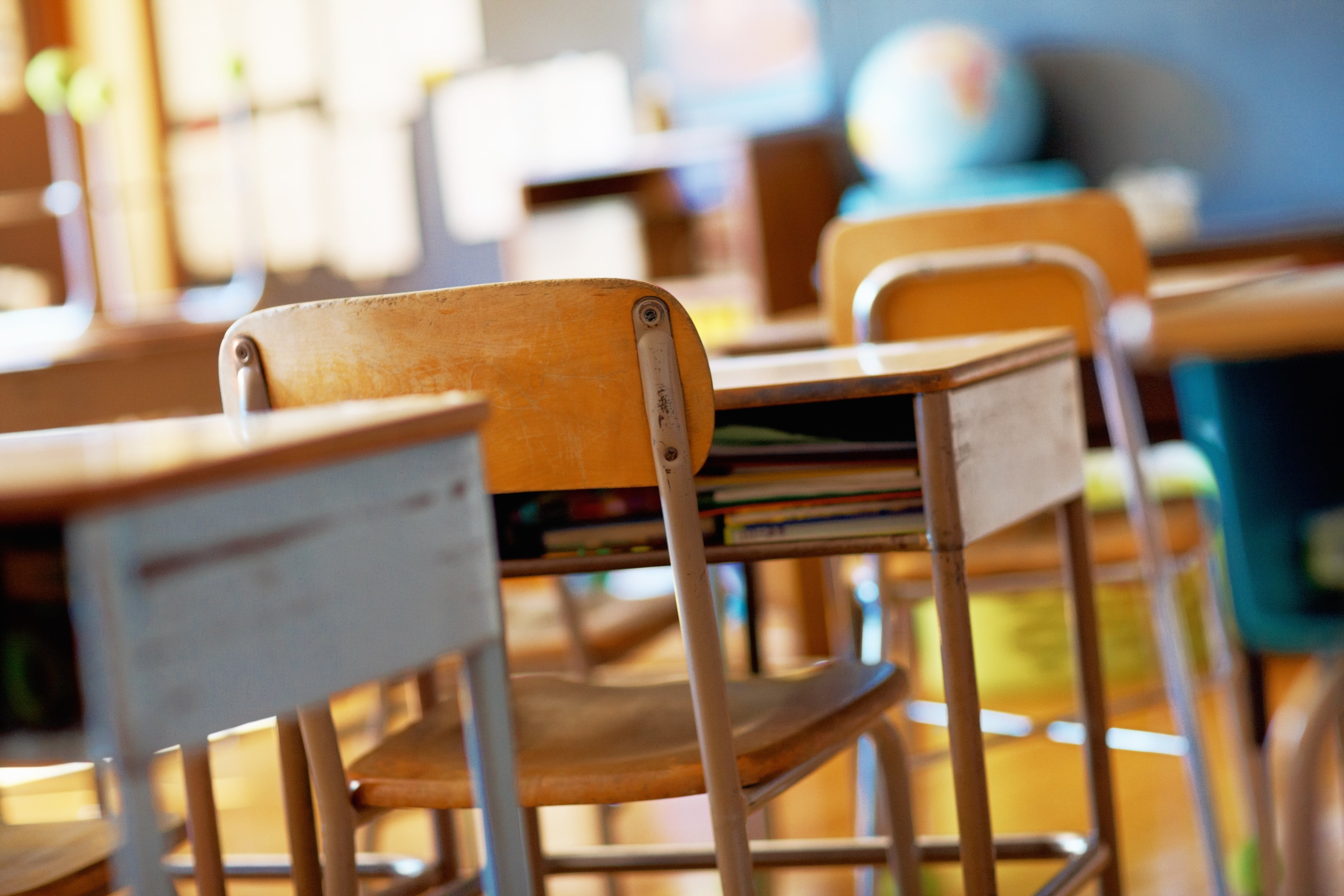The postcode lottery over youth mental health services is a disgrace
Schools – with budgets falling and demands on their efforts increasing – are struggling to help their students. Things need to change, writes Ed Dorrell


It’s really difficult until they’re at crisis point, and by then it’s too late. We’ve got quite a few kids who, until they’ve actually made an attempt at their own life, we had struggled to get access [to professional help]. If they’d got the support a lot earlier, they wouldn’t have got to that point.”
This is the state of Child and Adolescent Mental Health Services (CAMHS) in this country, according to one secondary teacher in a recent focus group I was overseeing.
It was not, sadly an isolated story. Time and again the recently founded Coalition for Mental Health in Schools has heard similar stories; some less shocking, many more so.
What heads and teachers are witnessing day-in-day-out is the perfect storm of rising caseload and the withering of local services that should be in place to handle them.
A report commissioned by the coalition – which is made up of some of the highest performing schools in both the independent and state sectors and for which Public First, where I am a director, acted as secretariat – is very clear.
For example, our poll of 1,000 young people found that just 45 per cent of them rated their mental health as good (compared to 72 per cent for their physical health). Even more worrying, 18 per cent reported having suicidal thoughts more frequently than pre-pandemic.
The report – 'Fixing a Failing System' – also found that treatment for young people who need professional help from CAMHS is a geographical lottery.
In 2019/20, the highest spending on mental health services was in Islington in North London at £202 per child, while the lowest, in Halton in Merseyside, was just £25. There is a massive difference in waiting times across the country too. In 2019/20, in the Barking and Dagenham in East London, children only waited on average 8 days to access services; their contemporaries in the Fylde and Wyre in Lancashire waited for a shocking 87 days.
In short, where you live decides how you get treated if you are a child with serious mental illness. It is – and this is not hyperbole – nothing short of a disgrace.
But this is not simply a story about those young people who are in need of clinical help. It is a story of how schools, with budgets falling and demands on their efforts increasing, are struggling to help their students before they reach the point of needing clinical support.
Another focus group teacher put it like this: “So, we have to put that front on in front of our students to say, ‘you know, we’re there for you to support you.’ But deep down, I didn’t feel confident in providing the support they might need. I was hoping that nobody would come and knock on my door and say, ‘can you help me out’ because I wouldn’t know where to turn and who to turn to.”
And so the coalition is not just calling for a better resourced and better supported CAMHS, but also for schools and teachers to be given the training, funding and staffing (ideally in the form of counsellors) to help their students help themselves.
The report doesn’t pull any political punches, making serious demands of government. And if, hopefully, ministers are now listening it’s worth them knowing that youth mental health services are no longer a niche issue.
The coalition also commissioned focus groups of parents as part of this project. It quickly became clear that there is now an astonishing level of awareness as to the denuded state of CAMHS in this country. Unprompted, parents swapped stories. They pretty much all know of cases where children who were really struggling had been let down by they system.
This is not a problem that will be kept at the fringes of national discourse. And if they can’t be persuaded to do the right thing because, well, it’s the right thing to do, politicians might be persuaded by the fact that it could be about to cost them an awful lot of votes.
Either way, the time for action on youth mental health is now.
Ed Dorrell is a director at Public First
If you are experiencing feelings of distress and isolation, or are struggling to cope, The Samaritans offers support; you can speak to someone for free over the phone, in confidence, on 116 123 (UK and ROI), email jo@samaritans.org, or visit the Samaritans website to find details of your nearest branch
If you are based in the USA, and you or someone you know needs mental health assistance right now, call National Suicide Prevention Helpline on 1-800-273-TALK (8255). The Helpline is a free, confidential crisis hotline that is available to everyone 24 hours a day, seven days a week





